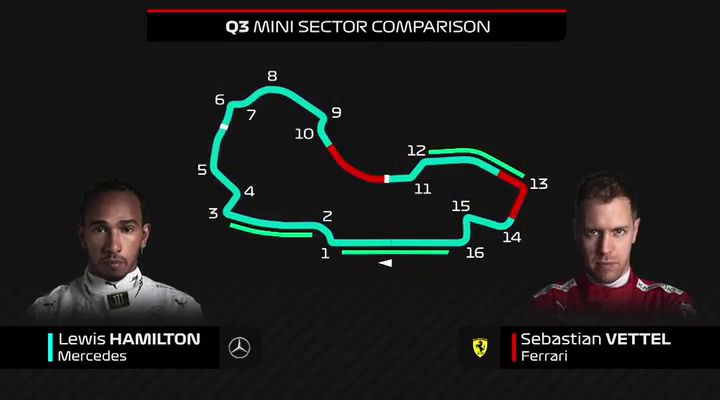Schuttelberg wrote: ↑16 Mar 2019, 11:56
If you've followed the sport for the last decade, Red Bull are always slow starters but almost certainly end up with the best chassis by year end.
It's a compromise that they choose to do, because in the past, they had championship at stake and kept developing the cars until late in the season. So they used to switch the resources late for the next year's car. In the past few years though, even without being in championship hunt, they have continued it. How is that they start on the back foot with a new car, when their previous car gets considered as "best chassis" on the grid? I don't understand how that doesn't translate to the new car.
If that continues to be the case, they would lose the season before they start becoming stronger as Ferrari comes out of the box quick and Mercedes (even with their volatile fast cars) keep upgrading it throughout the year.
Schuttelberg wrote: ↑16 Mar 2019, 11:56
I have no doubt that Red Bull is the best team of this decade in terms of operations.
That is a really tall claim. They had two really good drivers, who were always there to poach a podium or a win, when the leaders dropped it, whereas Mercedes and Ferrari were happy with the alpha and the side kick approach. The so many coming together of their drivers, doesn't show anything good about their driver operations if anything. It's easy to take risks and play games, when they have not been in championship hunt. But when there is the pressure to compete for a world championship, with a strong outfit like Mercedes and an ever improving Ferrari, we would see how good their operations would be. Until then, the judgement need to be reserved.
On the face of it, the best managed team on the grid is Mercedes. Look at the way they respond to an adverse situation and the way they have managed to remain competent across the regulation changes.


